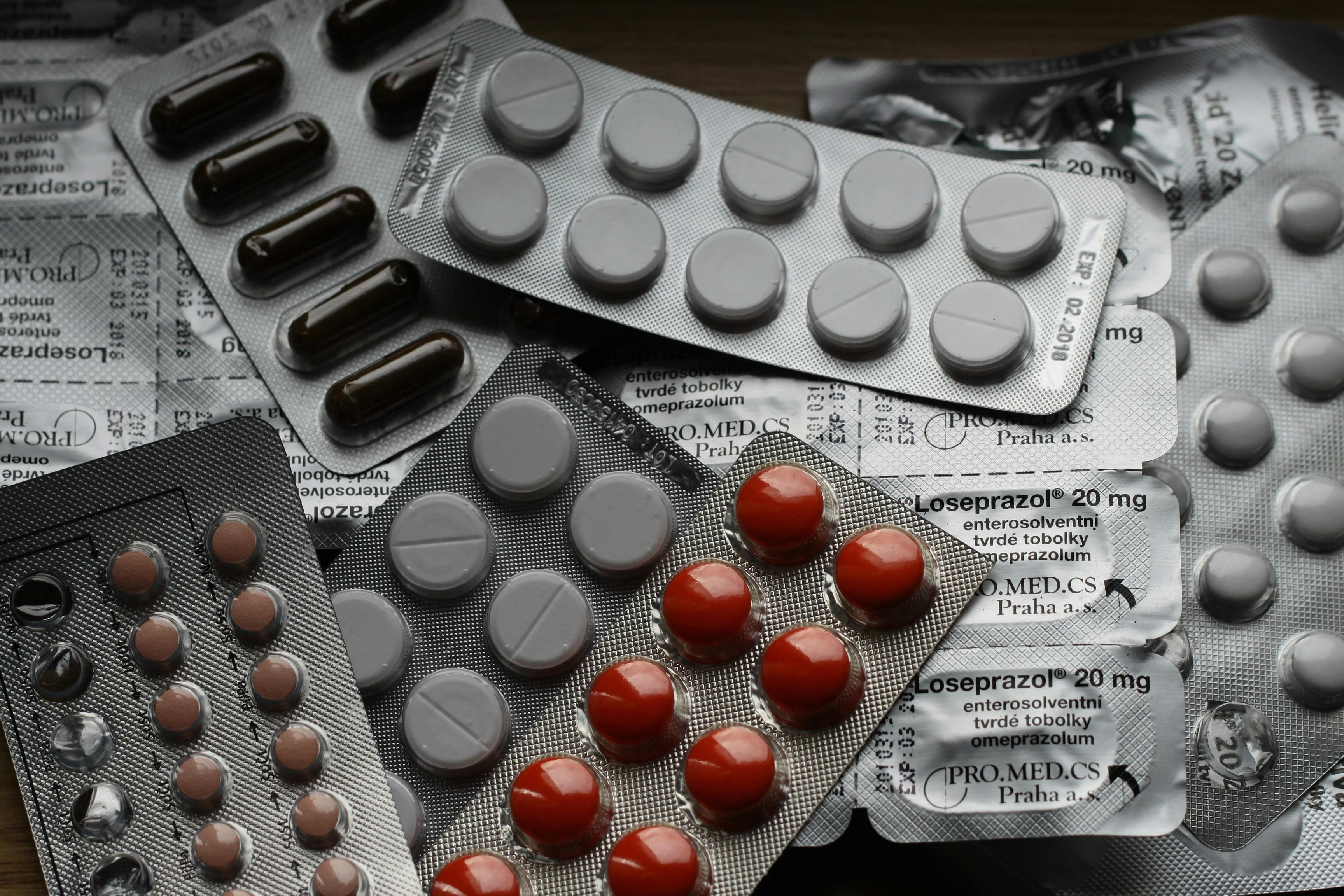
Beirut, Lebanon (Enmaeya News) – Counterfeit medicines are increasingly present in Lebanon. These products often appear legitimate, with sealed packaging, proper labels and logos, but may be ineffective or dangerous. They are driven by crisis, corruption and weak enforcement.
According to the World Health Organization, counterfeit medicines are deliberately and fraudulently mislabeled regarding their identity or source. They may contain the correct active ingredient, the wrong one, none at all, or harmful substances. The dosage can also vary, making them ineffective or toxic.
In Lebanon, an estimated 10% of medicines on the market were found to be counterfeit as early as 2007 — ten times the average in Europe. The country has a legal framework, but enforcement is inconsistent. Officials have improved monitoring at ports, airports and border crossings, but say organized networks still avoid detection.
Counterfeit medicines reach Lebanon through various channels: free zones, informal deliveries, online sales and untraceable shipments. Products originate from countries such as India, Turkey, Egypt, and from unregulated areas near Lebanon’s borders. A frequently cited source is a factory between Syria and Turkey, where products are made, labeled with copied holograms and shipped across the region.
Some pharmacists attempt to uphold professional standards, while others may participate in or overlook the circulation of fake drugs. During medicine shortages, offers often spread through WhatsApp groups. One pharmacist reported that a man arrived with a car full of an antidiabetic drug used for weight loss, with no cold chain or invoice. The drug, Mounjaro, was found on the Lebanese market over seven months before receiving official distribution approval.
Other cases involve the resale of empty inhaler boxes, which are refilled manually and sold as new.
In 2022, analysis of certain antibiotics sold in Beirut revealed that some tablets contained flour. Others contained dangerous doses of fentanyl. Risks include lack of treatment, worsening of conditions, antimicrobial resistance, toxicity from harmful fillers, and even death. Documented cases globally include deaths from fake vaccines, cancer treatments and insulin.
Lebanon’s Law 367 outlines penalties for fraud in the pharmaceutical sector, including fines and prison time. However, enforcement is weak, and there is no specialized authority. Counterfeiting cases often remain inactive in the court system. The Brand Protection Group has recommended the creation of an independent regulatory agency.
Health experts have proposed several measures: a national awareness campaign targeting both patients and pharmacists, QR codes on medicine boxes for verification through mobile apps, and an anonymous reporting system through WhatsApp, possibly managed by the Order of Pharmacists or a neutral NGO.
Counterfeit medicines in Lebanon include vaccines, cancer drugs, painkillers, hormonal treatments and inhalers. All medicine types are potentially affected.



